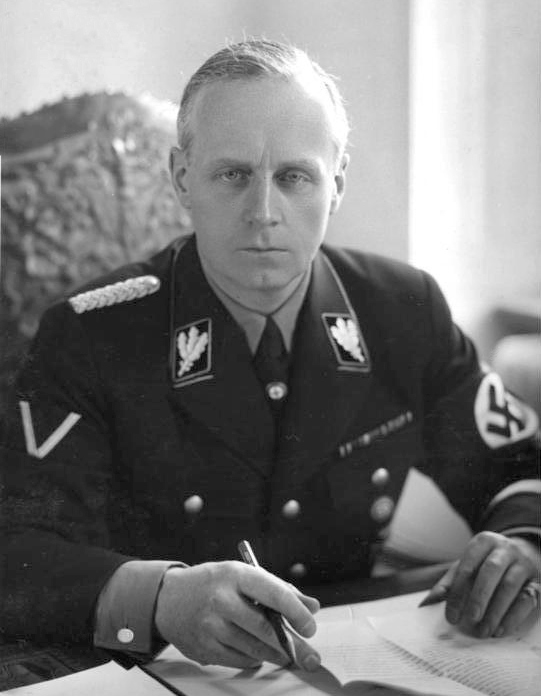sillygoose
Well-known member
In reading up on Polish war plans and diplomacy in 1939 it is painfully clear what a bind the Polish government engaged in. They were told flat out (behind the scenes) by both the French and British that in the event of war there would be no aid forthcoming for Poland and no monetary or material aid was available for them in the run up to war the Polish government could only hope that the Allied powers 'would come to their senses' and attack in support Poland before they were defeated (they didn't know how unprepared the Allies were). On top of that due to thinking Stalin would honor their 1932 nonaggression pact even after the Molotov-Ribbentrop Pact they thought the Soviets wouldn't attack them if Germany did. Obviously these were hopes not realized.
What if the Polish government, after the Molotov-Ribbentrop Pact was announced, realized the Soviets would attack too if war came and Hitler was crazy enough to do start it (he originally planned to invade on the 26th), so instead opted to accept terms? Terms at this point were Danzig, an extra-territorial road and rail link to East Prussia (Elbing to Danzig was the route IIRC), and an agreement to protect German minority rights in return for a 25 year non-aggression pact, recognition of the final border with Poland, and free use of a port in Danzig. Let's say the deal is signed by the 26th of August. What next?
How does Stalin react? What does Hitler do next? What do the Poles do? How about the Allies?
What if the Polish government, after the Molotov-Ribbentrop Pact was announced, realized the Soviets would attack too if war came and Hitler was crazy enough to do start it (he originally planned to invade on the 26th), so instead opted to accept terms? Terms at this point were Danzig, an extra-territorial road and rail link to East Prussia (Elbing to Danzig was the route IIRC), and an agreement to protect German minority rights in return for a 25 year non-aggression pact, recognition of the final border with Poland, and free use of a port in Danzig. Let's say the deal is signed by the 26th of August. What next?
How does Stalin react? What does Hitler do next? What do the Poles do? How about the Allies?


